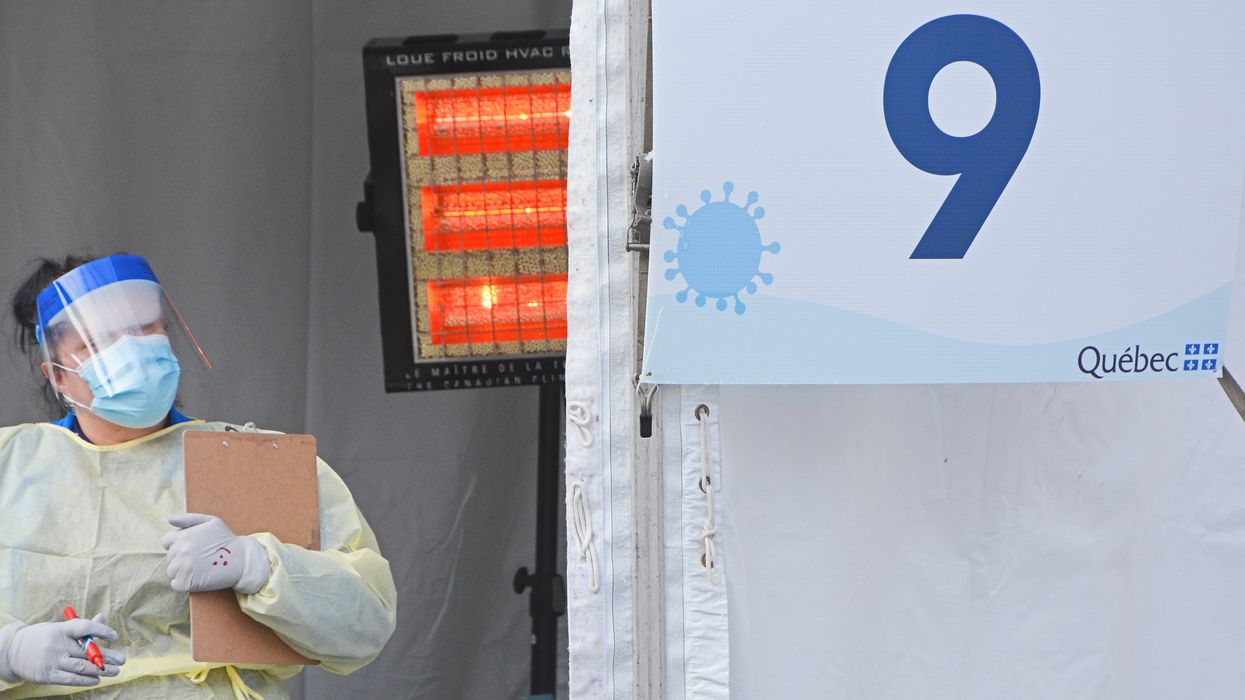The Quebec Physicians' Health Program Gave Health Care Workers 3 Major Tips To Remember
The conversation on mental health during the pandemic has come to the forefront, but what about our health care workers in Quebec? They've been working tirelessly since March to make sure that citizens are safe and to help combat COVID-19. As you can imagine, it takes a toll on them not only physically, but also mentally.
The death by suicide of Quebec Dr. Karine Dion was a definite signal to the community that our frontline workers are struggling more than we may realize.
In an interview with CTV News, Dion's husband, David Daigle, explained his wife's stress over the last ten months put a toll on her.
MTL Blog spoke to Dr. Chantale Brien, physician advisor and the director of Prevention, Intervention and Research by interim, at the Quebec Physician's Help Program (Programme d'aide aux médecins du Québec) to talk about how our doctors are doing.
Answers have been edited for conciseness and clarity.
Editor's Choice: Butters The Famous Montreal Turkey Might Be A Sign Of A Turkey Invasion
How has the pandemic impacted the medical community working on the front lines?
I would like to start by explaining who we are as the Quebec Physicians' Health Program (QPHP). The QPHP is a non-profitable organization that has been representing all Quebec doctors for 30 years. We serve the entire province, 365 days a year on individual help requests for students, residents in medicine and specialists and family doctors.
The pandemic is definitely impacting the already stressful life of a doctor. It represents an additional stressor in the life of a doctor often on the edge, exhausted and overwhelmed.
Over the last six months of the second wave of the pandemic, at the QPHP, from June to December 2020, we experienced an increase of 22% of the individual help requests, if we compare to the same period last year.
What resources are being provided by the Quebec government for those working in the health care field, both for their physical and mental health?
We have certain psychological tools available for doctors on the QPHP website that can be helpful and especially the psychological vital signs (tool adapted by the QPHP and Rachel Thibeault from the Armed Forces). These tools are free and easily available.
We advise doctors to take care of themselves, even though we know it's often the last thought that they have when they are in this kind of situation.
It can be small moments where they stop everything for 5 minutes, 2-3 times a day, cut on their busy schedule to concentrate on what's absolutely necessary and to evacuate stress in an activity that was helpful in the past (coping mechanisms that worked before)
It's important for doctors to be legitimated in their need to rest and to slow down.
This article's cover photo was used for illustrative purposes only.

